Why Your Business Needs Climate-Controlled Storage During Natural Disasters
Natural disasters can strike without warning, putting your valuable business assets at risk. Whether it’s hurricanes, floods, or extreme temperature fluctuations, having a climate-controlled storage solution isn’t just convenient – it’s essential for business continuity. This guide will help you protect your company’s assets with smart storage strategies.
Understanding Climate-Controlled Storage Benefits
Climate-controlled storage offers consistent temperature and humidity levels, providing crucial protection for:
- Electronic equipment and technology assets
- Important business documents and records
- Inventory and product stock
- Sensitive materials and supplies
- Valuable office equipment
Key Features to Look for in Disaster-Ready Storage
When selecting a climate-controlled storage unit for disaster preparedness, consider these essential features:
- Elevated flooring for flood protection
- Robust security systems
- Backup power systems
- Temperature and humidity monitoring
- Easy accessibility during emergencies
Creating Your Business Disaster Storage Plan
Follow these steps to develop an effective storage strategy:
- Inventory all business assets requiring protection
- Identify temperature-sensitive items
- Create an organized storage layout
- Develop an emergency access plan
- Maintain updated inventory lists
Best Practices for Climate-Controlled Business Storage
Implement these professional tips to maximize your storage protection:
- Use moisture-resistant packaging materials
- Create clear aisle paths for emergency access
- Label everything clearly and systematically
- Keep essential items easily accessible
- Regularly inspect stored items
Emergency Access Protocols
Establish clear procedures for accessing your storage unit during emergencies:
- Maintain updated contact lists
- Keep digital copies of access information
- Create employee authorization protocols
- Document emergency procedures
Temperature and Humidity Guidelines
Different business assets require specific storage conditions. Here are general guidelines:
- Electronics: 65-80°F with 45-55% humidity
- Paper documents: 65-75°F with 45-50% humidity
- Inventory items: Varies by product type
Maintaining Business Continuity
Your climate-controlled storage unit should support ongoing operations:
- Regular inventory updates
- Scheduled maintenance checks
- Periodic emergency plan reviews
- Staff training on access procedures
Insurance Considerations
Protect your stored assets with appropriate coverage:
- Review existing business insurance policies
- Consider additional storage insurance
- Document stored items thoroughly
- Keep insurance information accessible
Final Thoughts
Climate-controlled storage provides essential protection for your business assets during natural disasters. By implementing these strategies and maintaining proper procedures, you can ensure business continuity and peace of mind, knowing your valuable items are protected in any weather condition.




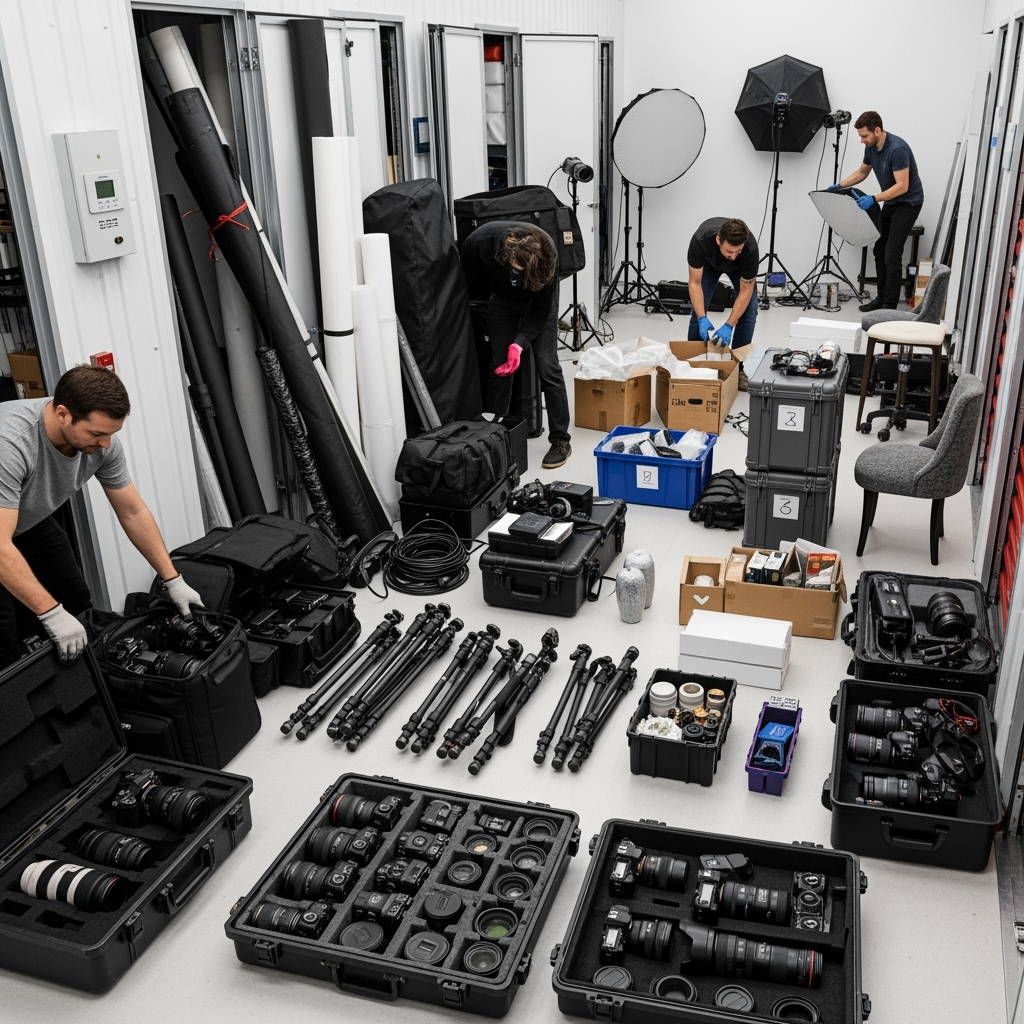
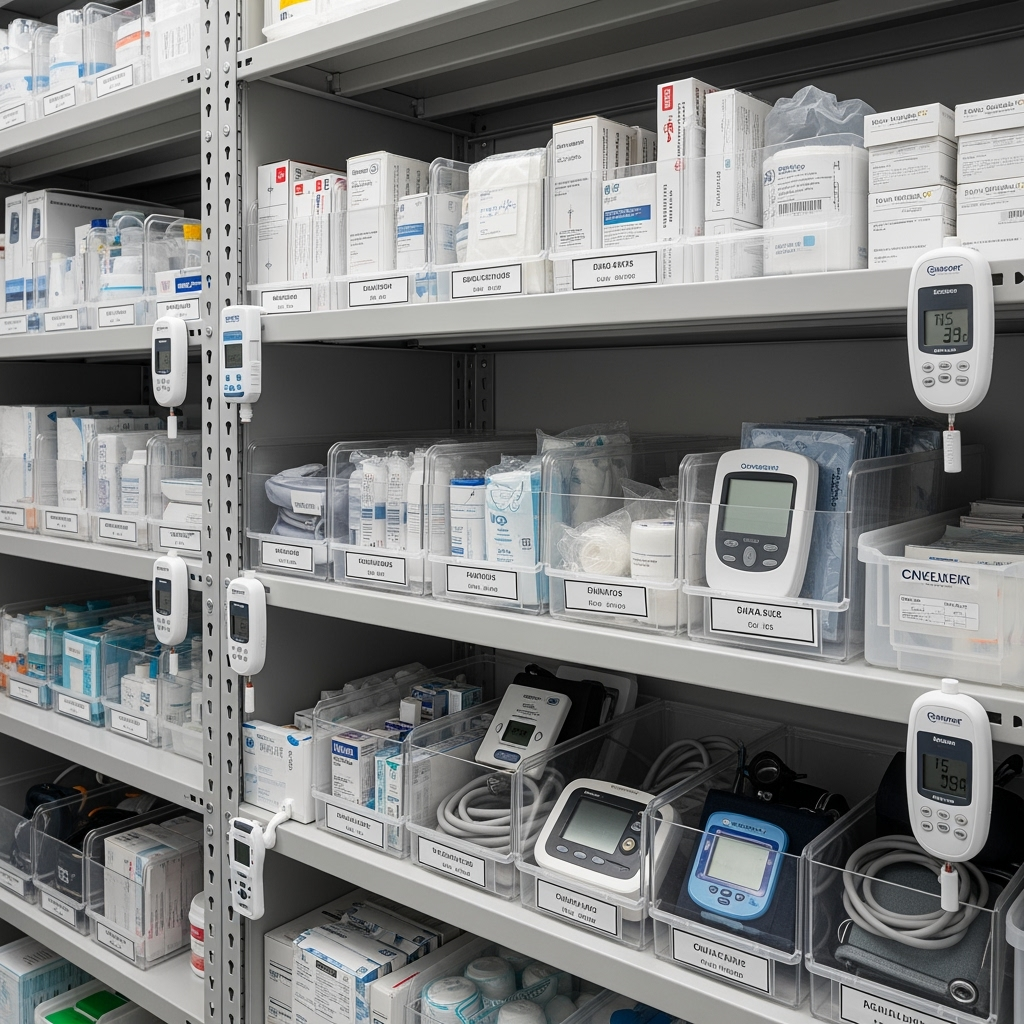
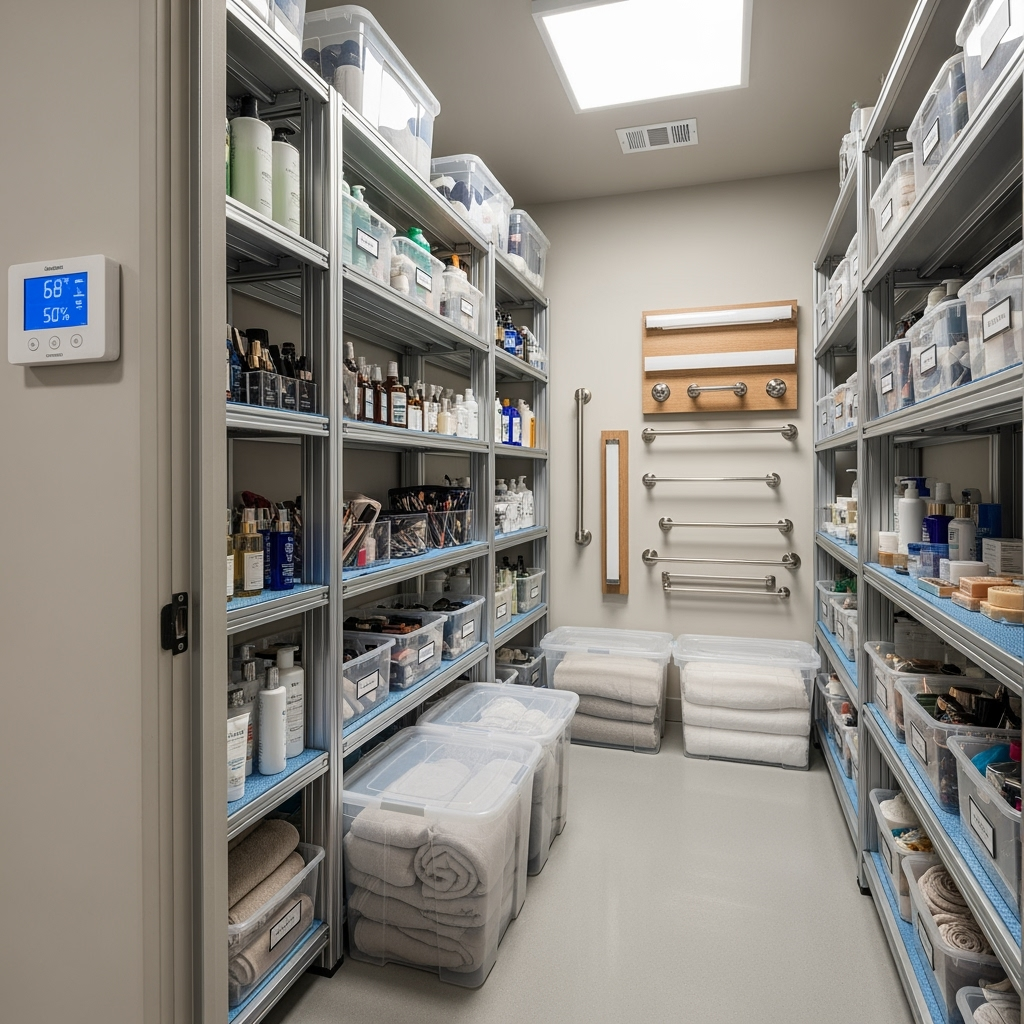
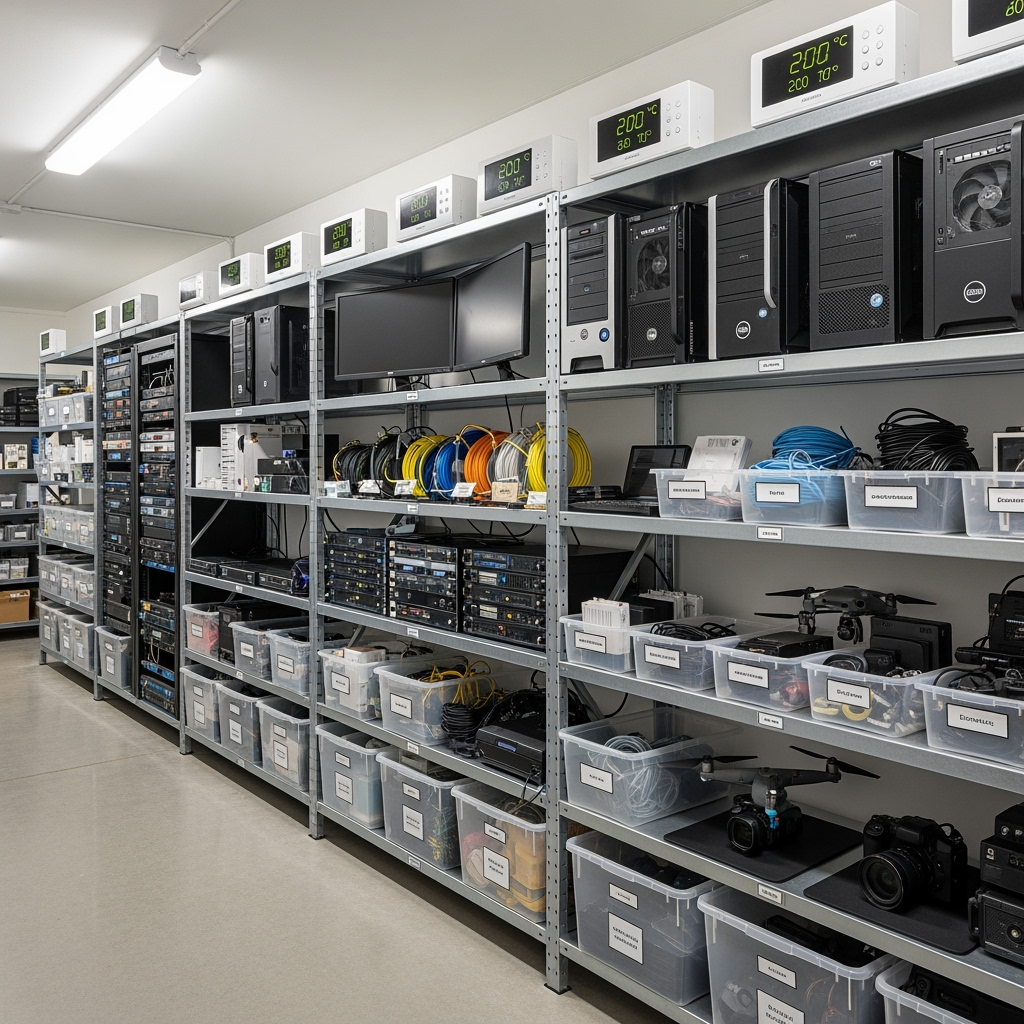

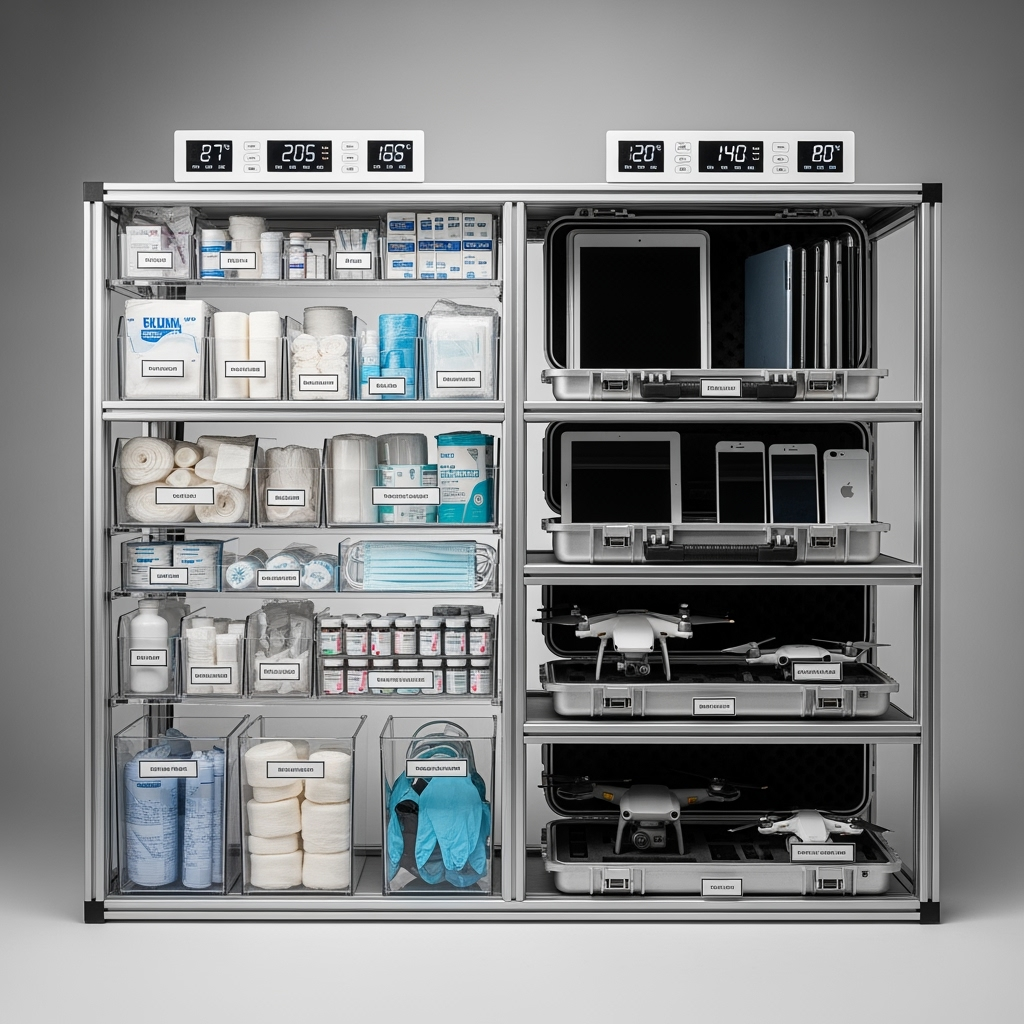
Leave a Reply